Literature for young people (and adults) that takes place before most of us were even born continues to find dedicated, interested readers. While this isn't new -- WWII novels have found their way into hungry hands for years -- what's become available to today's teens are more books in all genres, not only compelling fiction, but also page-turning nonfiction, as well as graphic and illustrated memoirs. And all of it is impeccably researched.
In the Slide Show are Few My (Steve's) Suggested YA books Focused on WW II.
I'm also struck by the myriad questions ignited by WWII literature. How could this happen? What's the role of fear? What compels human beings to hate people who are different? How could they look the other way? Did they really not know what was happening? What allows humans to be complicit? What obliges them to resist? Can people be both good and evil? How do people endure? Survive? Forgive? What might I have done?
And then there are questions that lean into who we are and the world we live right now, questions that force us to think about whether the world is different seventy-five years later -- Could this happen again? -- nudging us to raise questions that require us to wonder if we've created a better, more just world. What would I do if this happened today? Would I stand against evil? Would I advocate for others? Would I risk my life to save another? Have we learned anything?
This keen interest in history, particularly WWII stories, relates strongest through connection. When we read these "stories" -- real and fictional -- and identify common, contemporary threads, it's hard not to become deeply affected. We are invited to consider how WWII served to define the world we live in right now. Today's news reveals a political and cultural climate that echoes a time when people acted out of fear, and when there was explicit denial of some people as worthy, as human, as deserving of even basic human rights. Sadly, we don't have to look beyond national news to hear stories of how ordinary people have no control over their fate, to learn about abuse of power, the role of fear to intimidate, corruption and complicity, or to see aspects of government that subjugate "the other." Nor do we have to look very far to see young people taking a stand, exhibiting bravery and resilience, and making decisions on the side of morality.
~ Nancy J. Johnson
Professor Emeritus, Children's/Young Adult Literature
Western Washington University
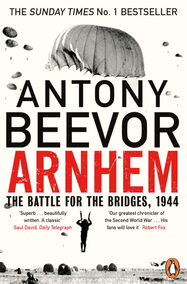
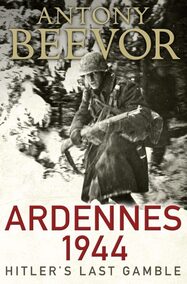
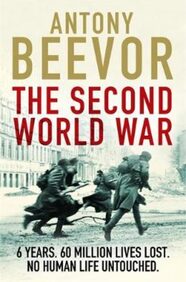
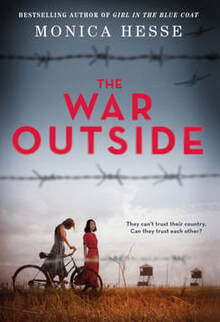
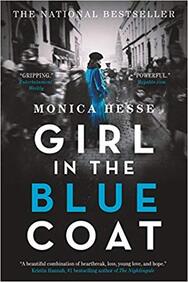
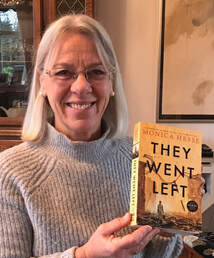

 RSS Feed
RSS Feed